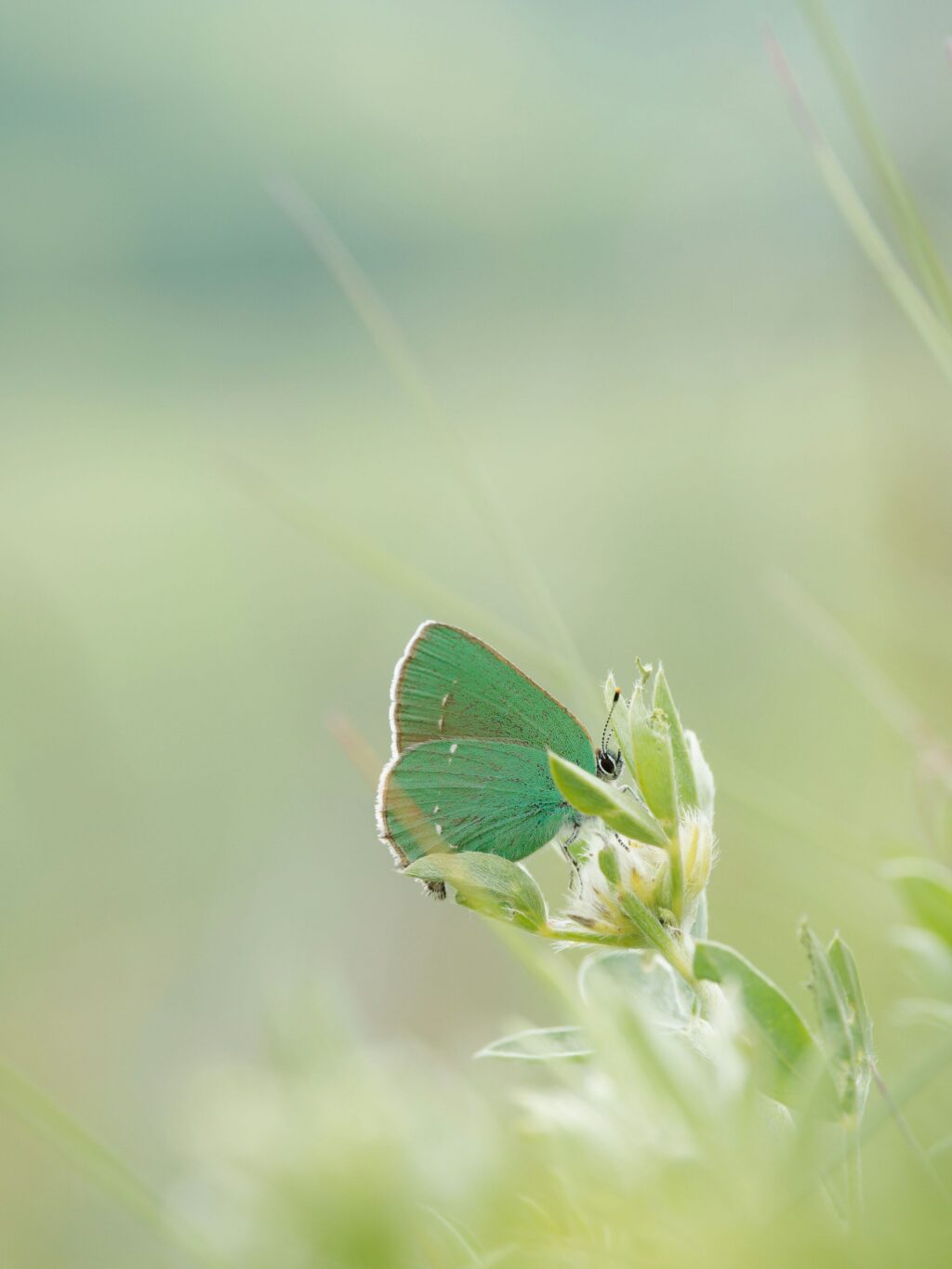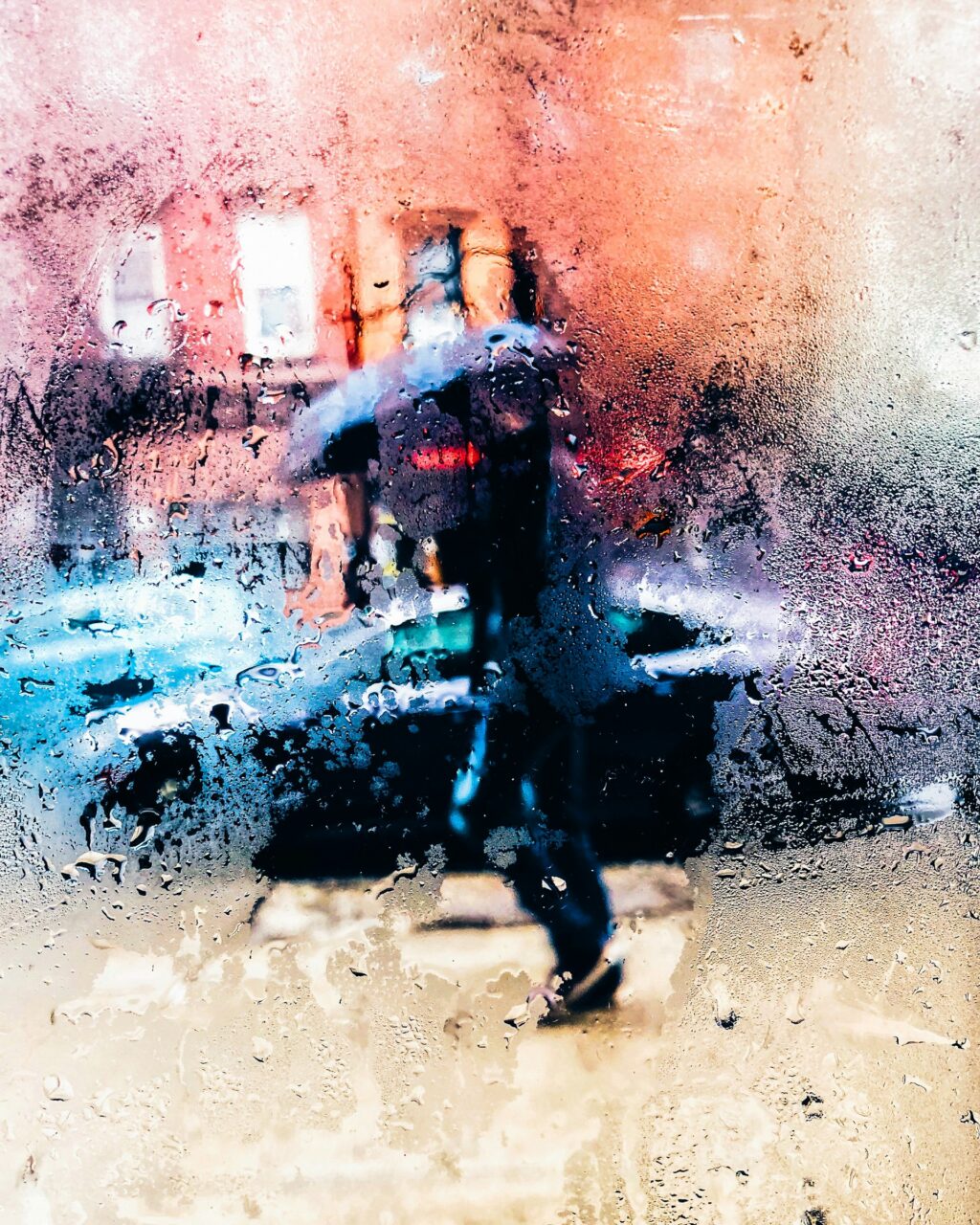Patricia Anne Murtha (Tish Murtha), was a British social documentary photographer who was best known for documenting the life of marginalized communities in the North East of England.
Tish was born in South Shields, UK on 14th of March 1956 and later moved to Elswick, Newcastle Upon Tyne. She left school at 16 and took up a variety of jobs until she took a night course on photography at Bath Lane, Newcastle.
It was here that her lecturer motivated her to apply for the Documentary Photography course in Newport that was set up by David Hurn, an English Documentary Photographer and member of Magnum Photos.
David Hurn, when talking about interviewing Tish for her place in Documentary Photography Course at the University of Wales says,
“I can give you the example of Tish Murtha, who was a wonderful photographer from the North. I asked her what she wanted to photograph and she said, ‘I want to take pictures of policemen kicking children,' and I said, “You're in.”
It was the shortest interview I had ever done because I knew exactly what she meant and I knew she was going to be a social photographer.”
Tish sadly passed away on the 13th of March, 2013 after suffering a brain aneurysm and as an organ donor, she has saved the lives of four women and helped four men regain their eyesight.
Her legend lives on thanks to her daughter Ella Murtha, who wants to ensure Tish's photos and their message are not forgotten.
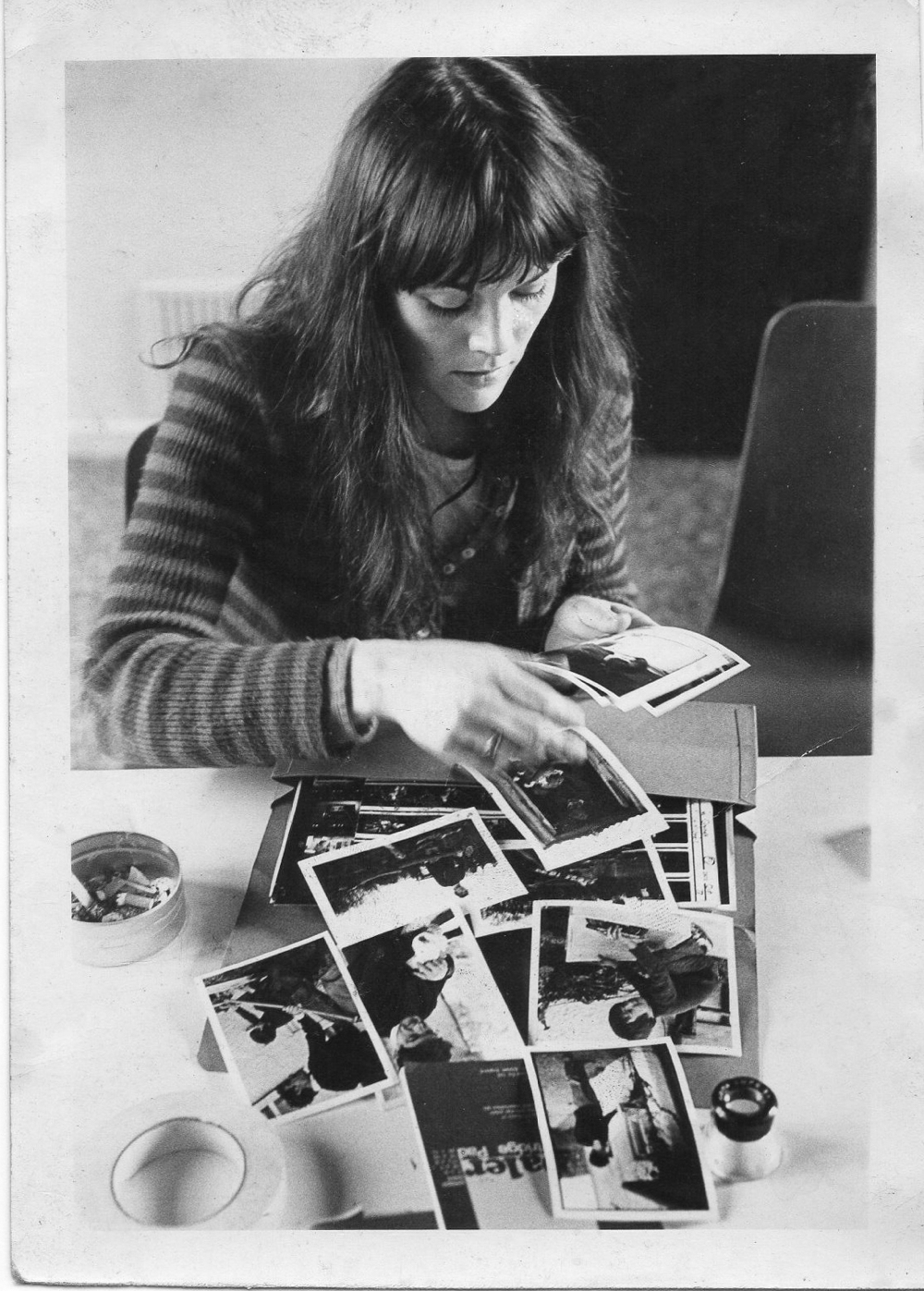
Tish Murtha – Image credit Tish Murtha
This is what Ella says about her mother Tish and her works.
“My mom became a photographer as it occurred to her as a youngster that a camera could be both a weapon and a defense, growing up in the West end of Newcastle. Her and other young girls in the area were often pestered by “Middle-class kerb crawlers” and so she would whip out her camera (sometimes minus a film) and the “suited gentlemen” would speed off in a panic.”
“It also had a mollifying effect on certain policemen, who she said picked on certain youngsters in “those bad old days.” Instead of knocking a kid around for playing in a ruined house, they would see the camera and pat him on the head and say “Come on son, you'll hurt yourself playing in here.”
Having enrolled on a night photography course at Bath Lane, Newcastle, it was her lecturer who she said was an “excellent bloke” and a teacher in a real sense who convinced her to apply to the new documentary photography course in Newport which was the only one of its kind at the time.
He also helped her to get an education grant to enable her to go as he believed she was truly deserving of it.
She saw photography as a tool for exploring and even changing the many and varied aspects of our lives and believed that the increased awareness fostered by thorough and pointed documentation can be a positive influence in that it helps create the basis for facing and changing those social forces and situations which often appear inevitable.
In 1976, aged 20, Tish left Newcastle upon Tyne to study at the famous School of Documentary Photography at The University of Wales, Newport under the guidance of Magnum member David Hurn.
She felt she had an obligation to the people and problems within her local environment and that documentary photography could highlight and challenge the social disadvantages that she herself had suffered.
So on her return to Elswick in 1978, she set off to work and the photos that she took over the next few years led to the exhibitions “Juvenile Jazz Bands” in 1979 and “Youth Unemployment” in 1981.
Here are some photos from the series Juvenile Jazz Bands.
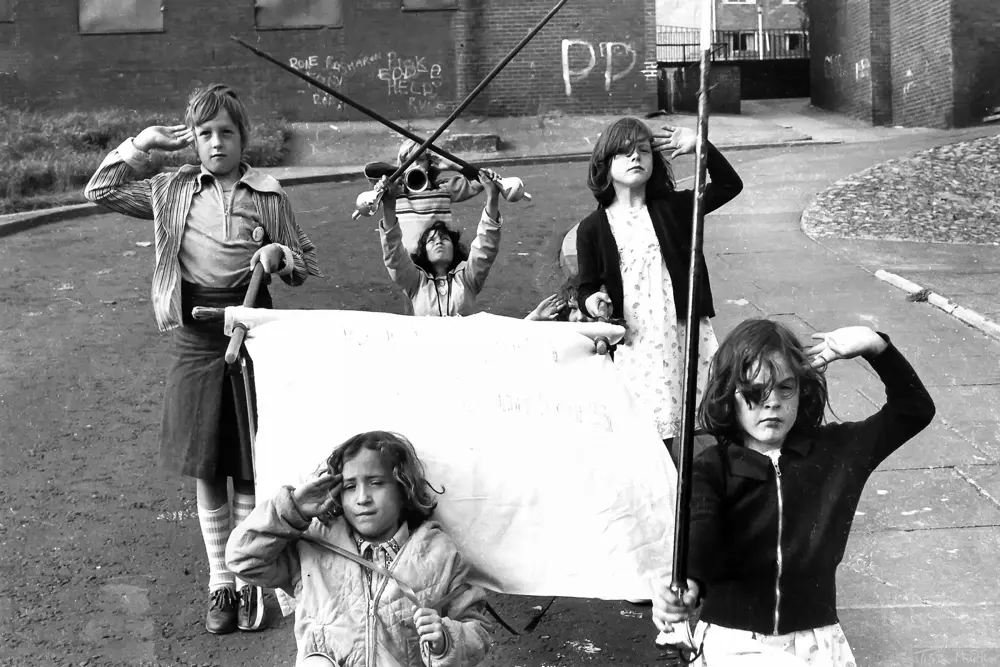
Juvenile Jazz Bands (1979) © Ella Murtha
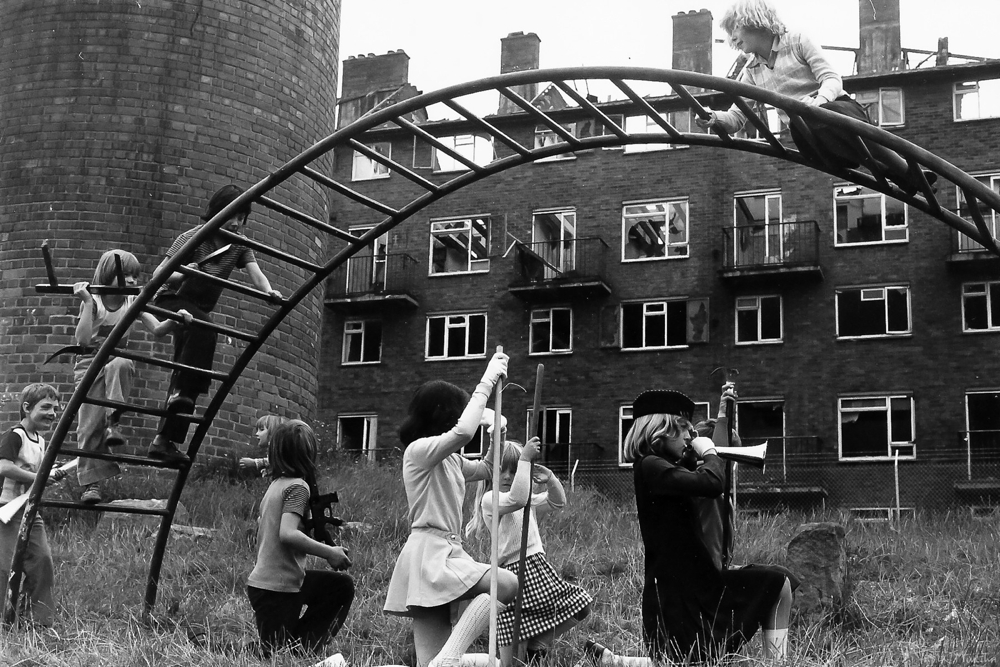
Juvenile Jazz Bands (1979) © Ella Murtha
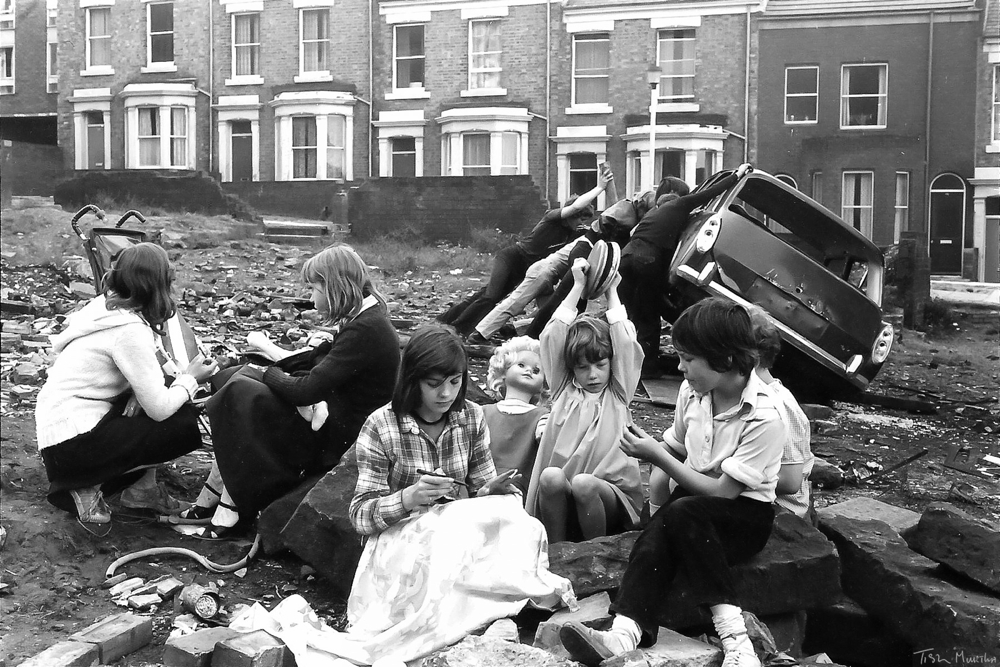
Juvenile Jazz Bands (1979) © Ella Murtha
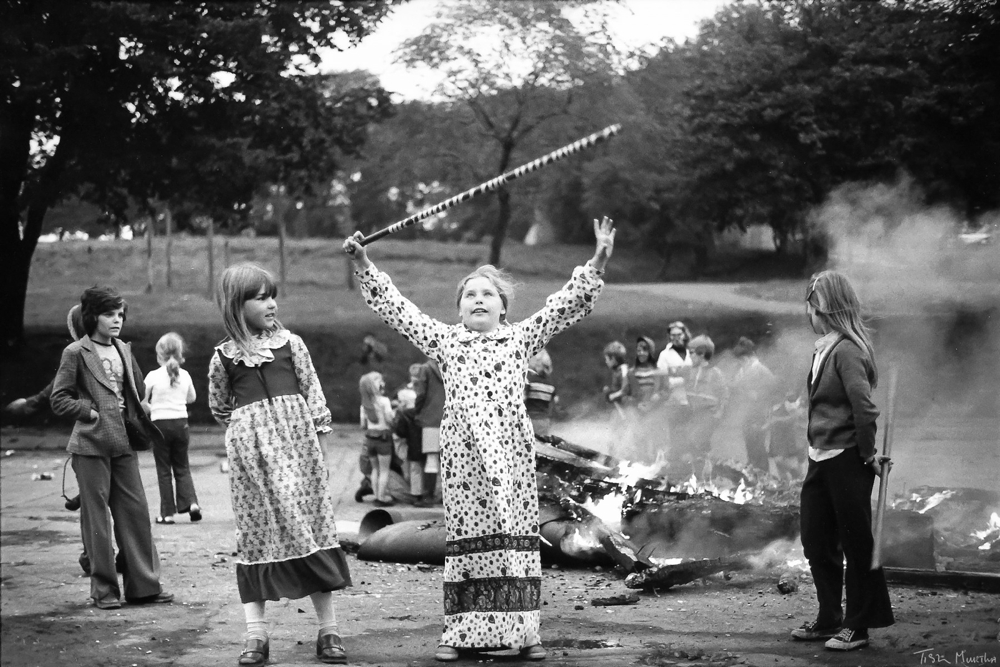
Juvenile Jazz Bands (1979) © Ella Murtha
Tish's approach to the Juvenile Jazz Bands series earned her quite a reputation locally at the time. She felt that they were militaristic and harmful to its young members and that they crushed out normal child-like behaviour and every spark of individuality.
She initially had the backing of the people who ran the bands, who imagined her photographs would be ‘glamorous.'
However, when Tish saw that the ‘Jazz Band rejects' who played in the streets had been excluded from these groups for various reasons, this resonated with her, so she shot the bands in their finery alongside these kids from the back streets, imitating them with their ‘toy-bands'.
These often started out as an attempt to emulate the big band, but the ‘official' band denied it. The Jazz Band committees were furious when they saw the finished series and labelled her “The Demon Snapper.”
Youth Unemployment in the West End of Newcastle portrayed what Tish saw as the dereliction of young lives amid the dereliction of an area with more than double the unemployment rate of the city as a whole.
She had first-hand experience of what it was like to be young and on the dole (government unemployment benefit), and so she wanted to try to help others who saw no real future for themselves, by highlighting the issue.
The series was shot over a few years starting in 1979 and was exhibited in 1981. Below you can see some of the most powerful images documented by Tish during that time. 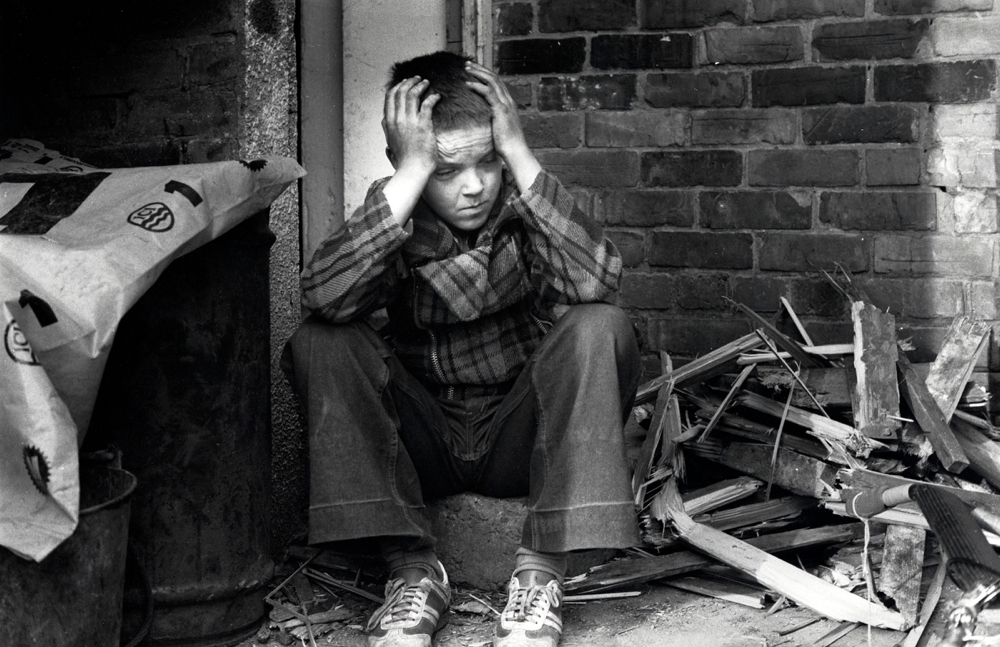
Youth Unemployment (1981) © Ella Murtha
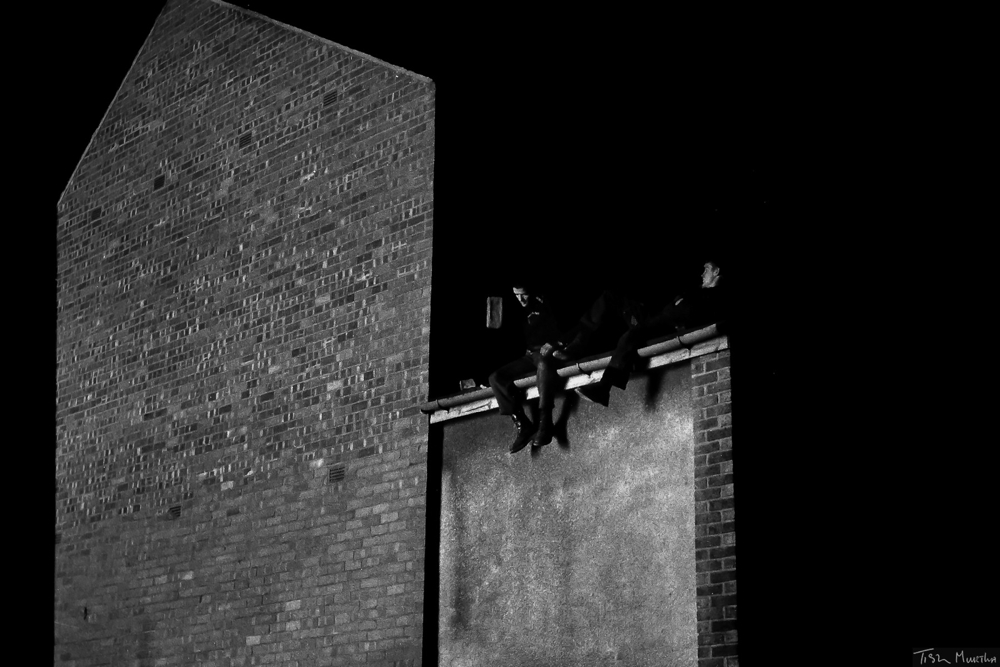
Youth Unemployment (1981) © Ella Murtha
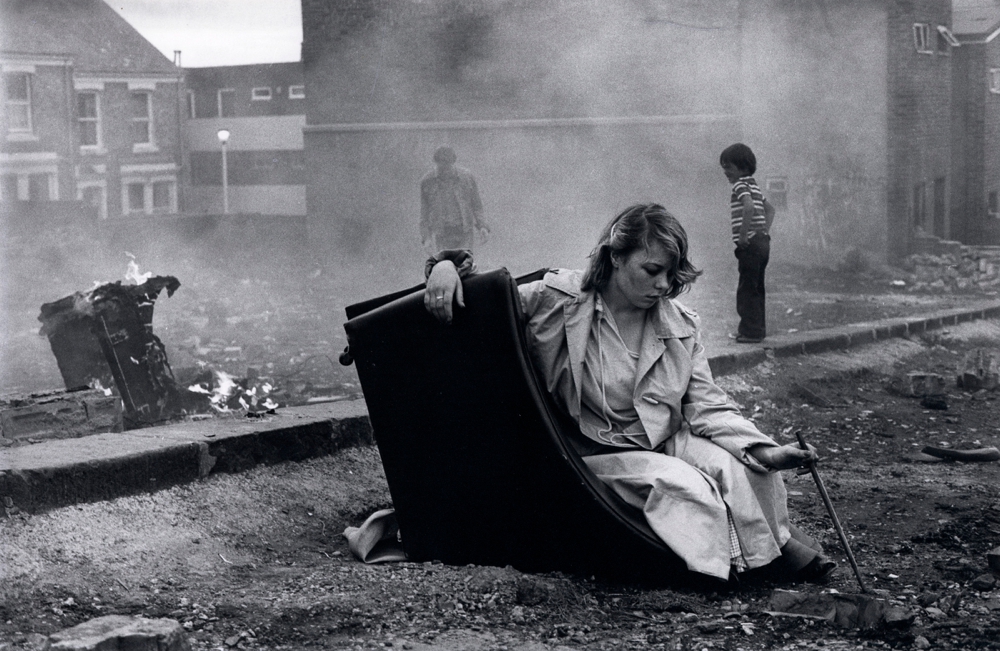
Youth Unemployment (1981) © Ella Murtha
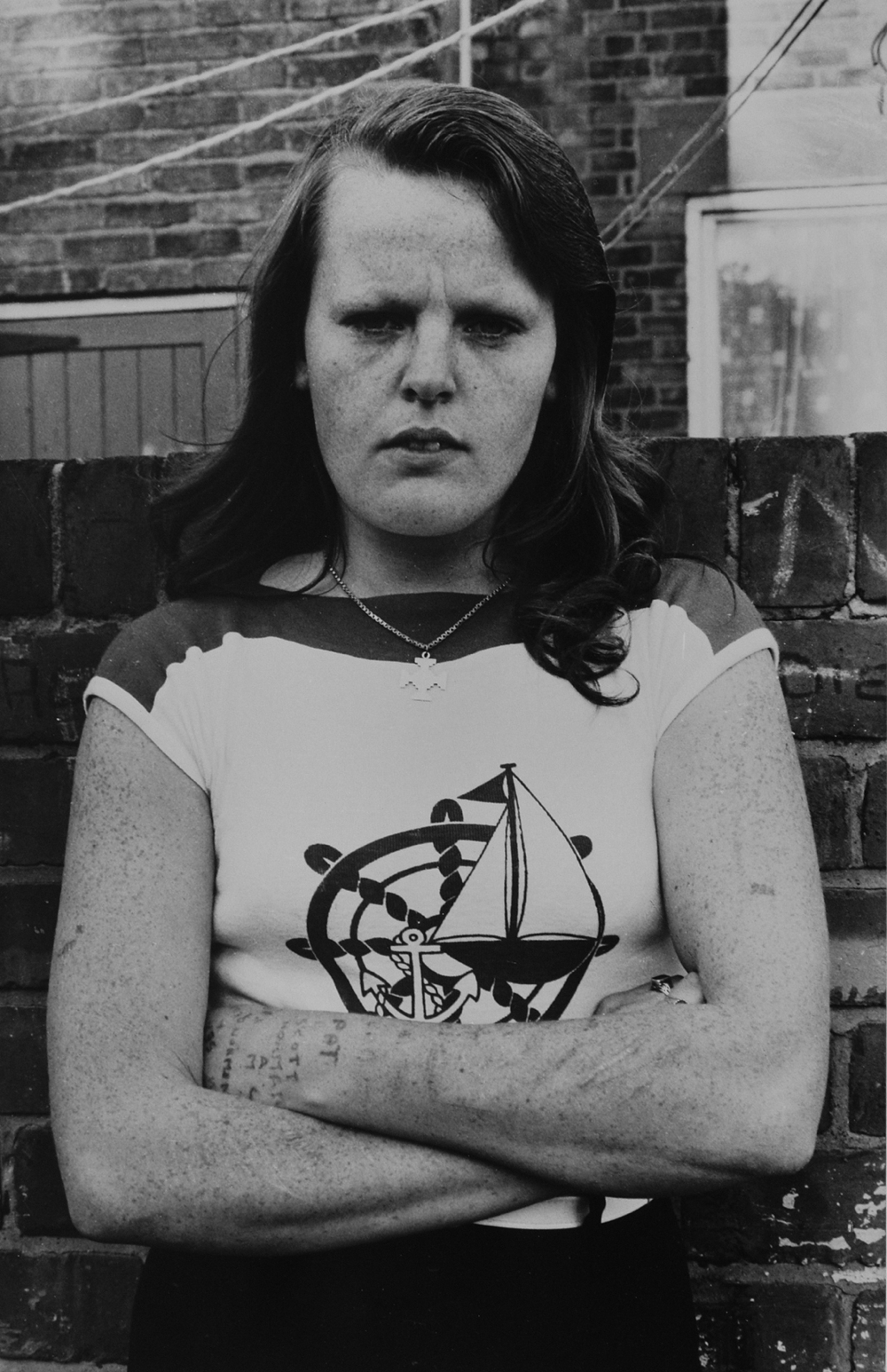
Youth Unemployment (1981) © Ella Murtha
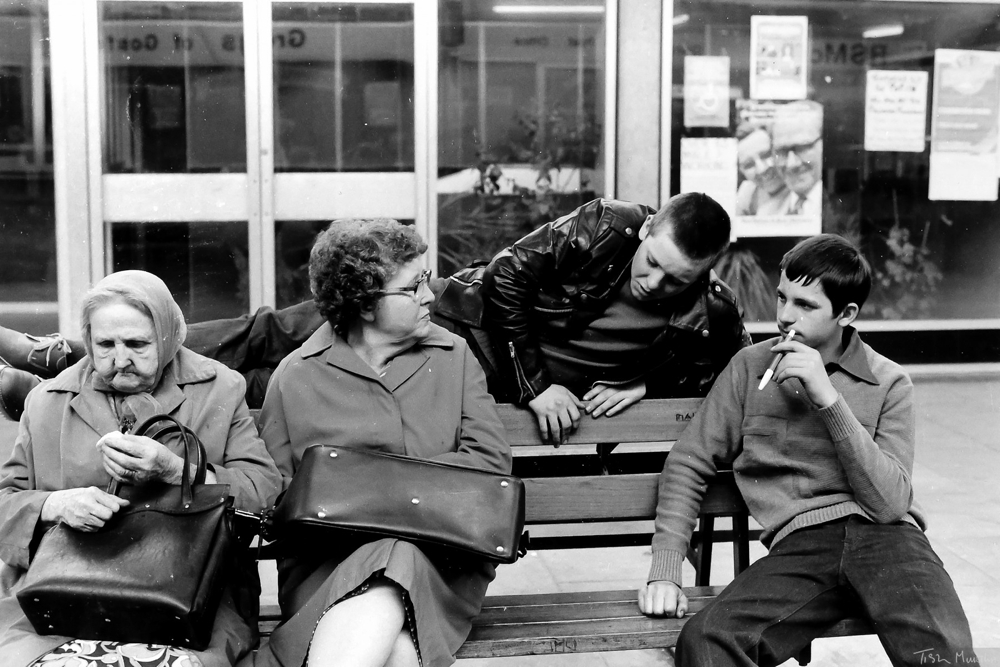
Youth Unemployment (1981) © Ella Murtha
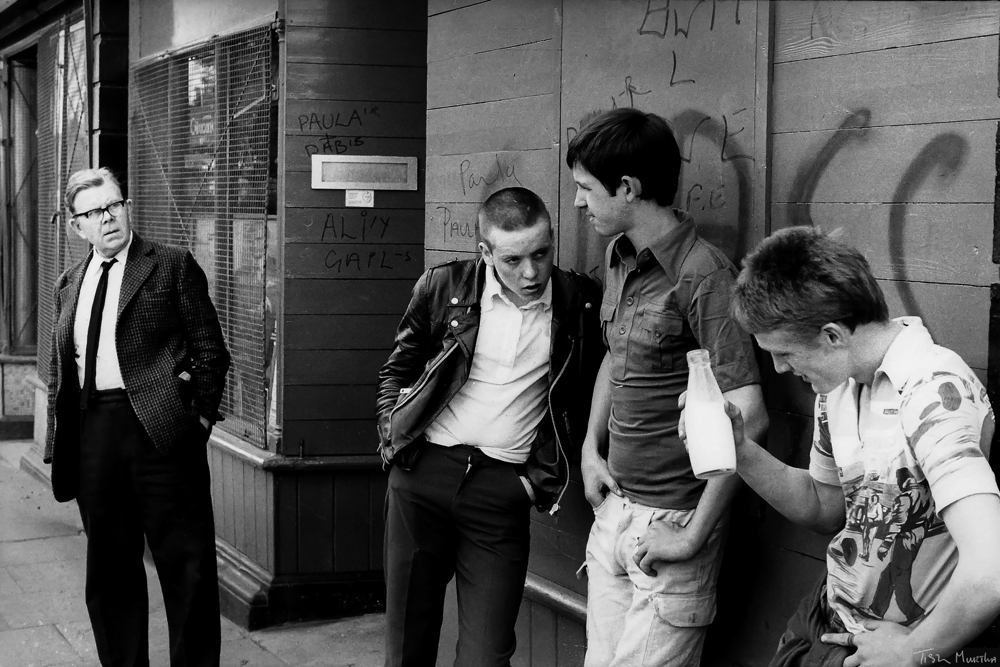
Youth Unemployment (1981) © Ella Murtha
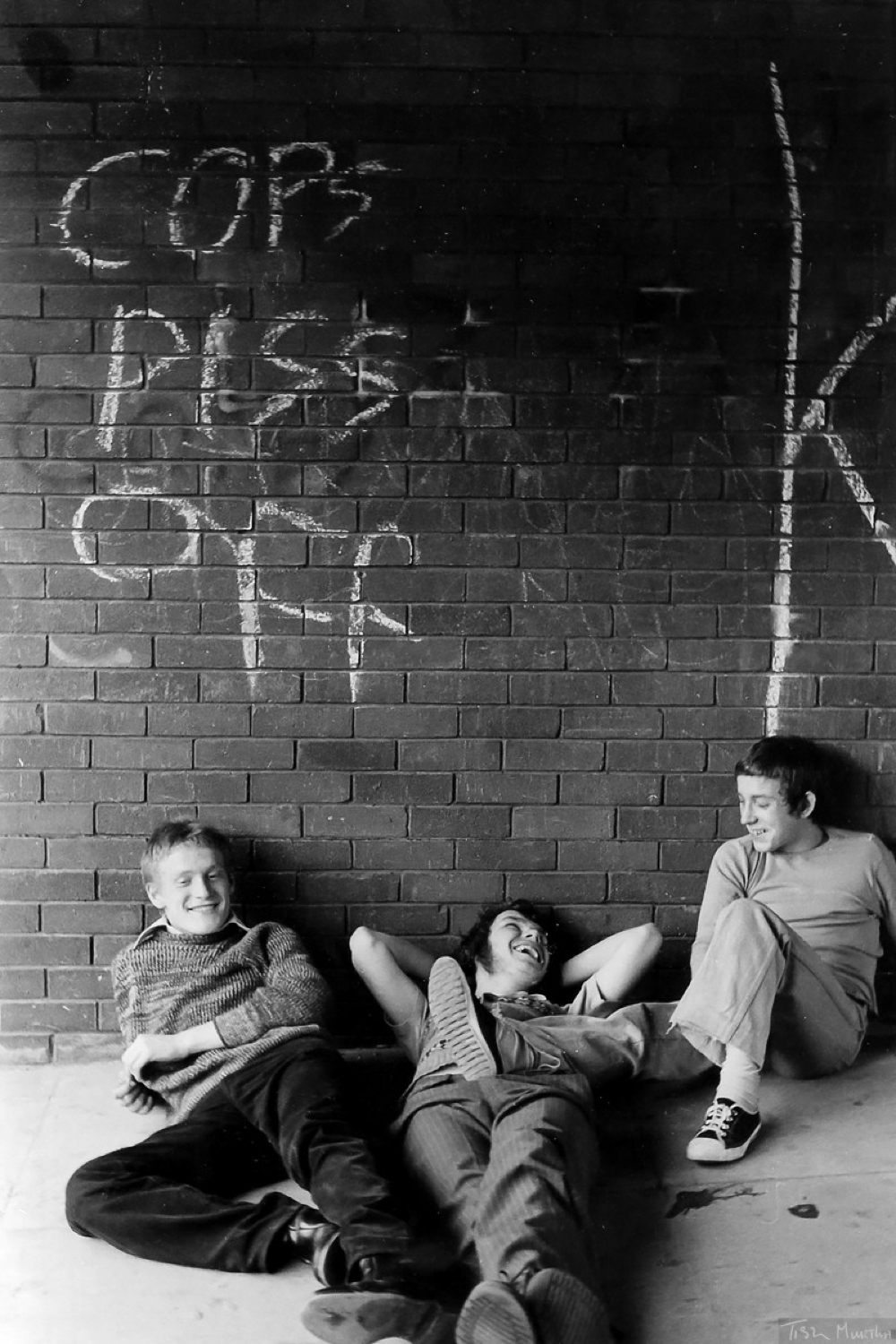
Youth Unemployment (1981) © Ella Murtha
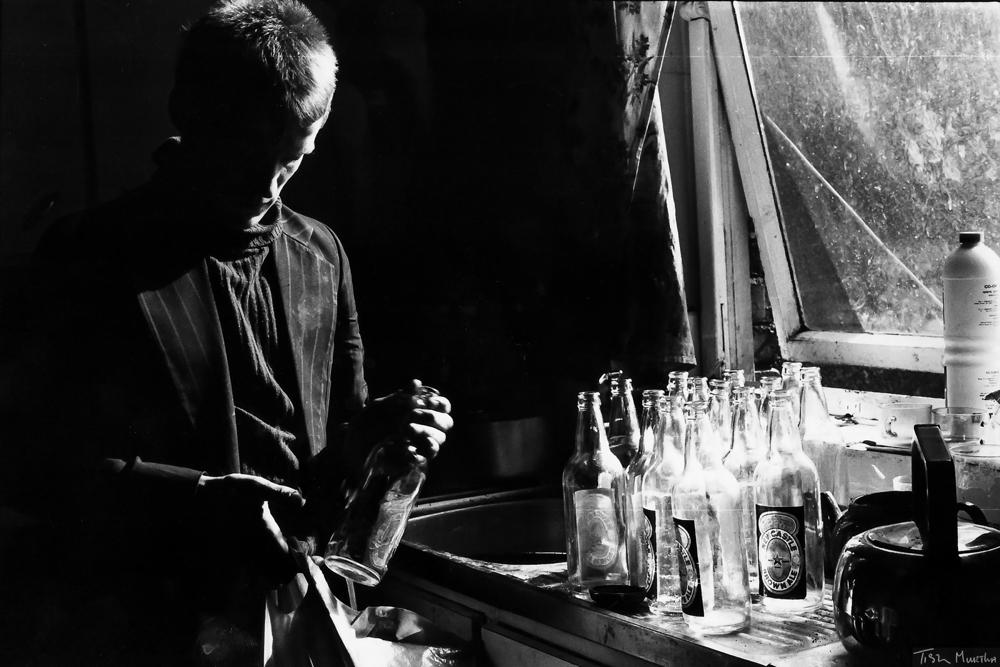
Youth Unemployment (1981) © Ella Murtha
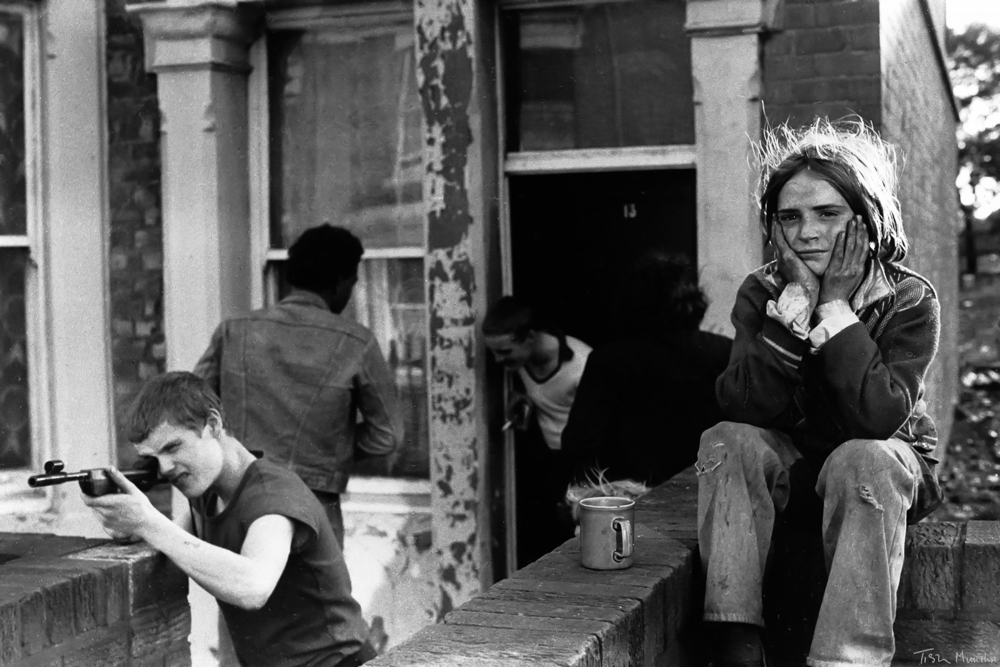
Youth Unemployment (1981) © Ella Murtha
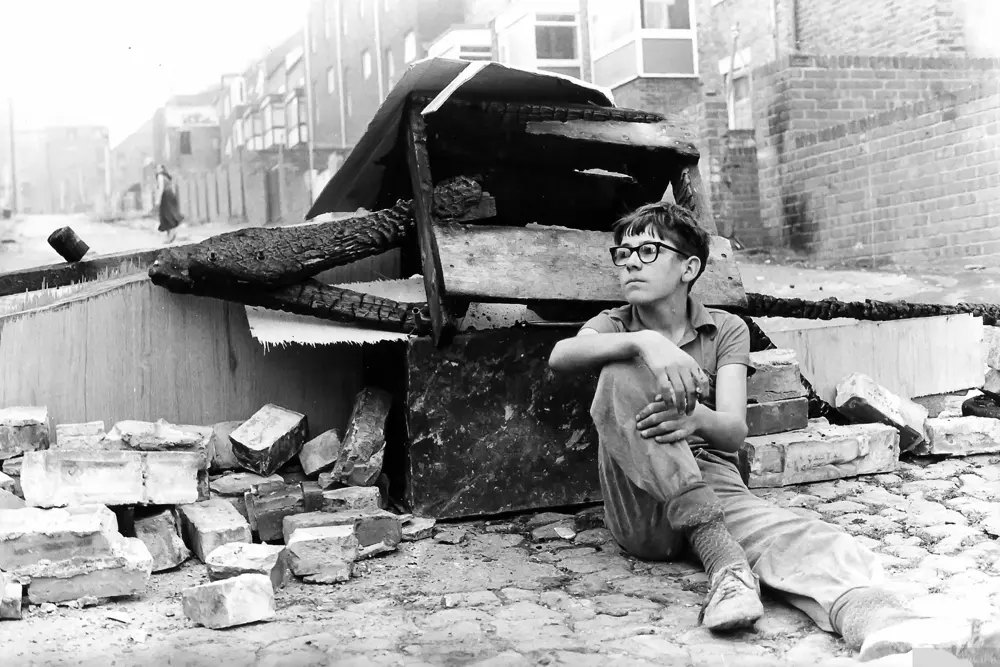
Youth Unemployment (1981) © Ella Murtha
The Youth Unemployment series captured the hardship that both she and the North East of England suffered during the Thatcher era.
The people in the images were her family, friends and neighbours.
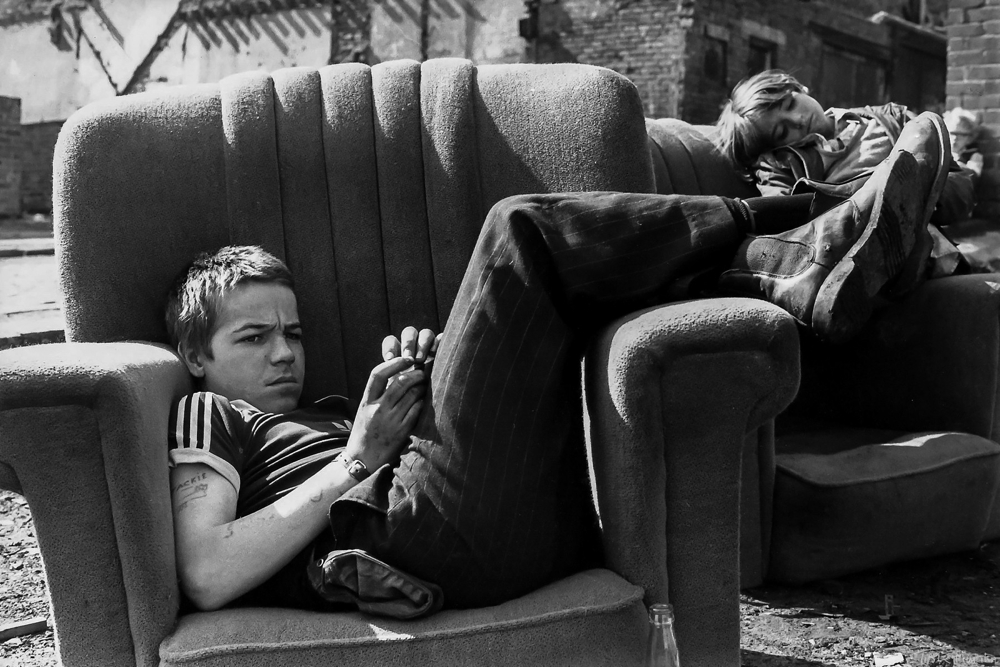
Youth Unemployment (1981) © Ella Murtha

Youth Unemployment (1981) © Ella Murtha
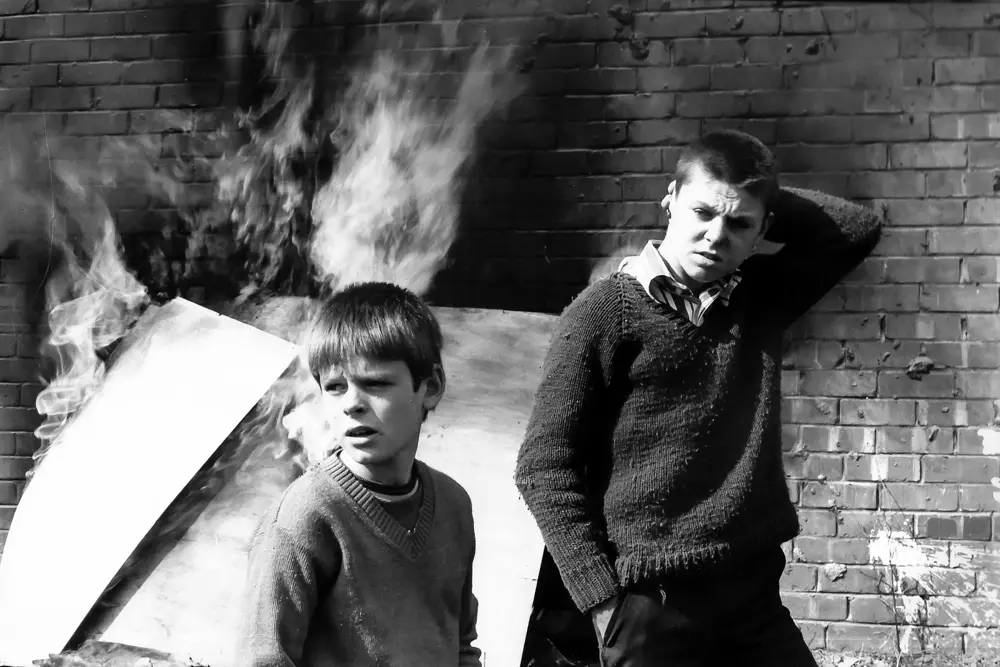
Youth Unemployment (1981) © Ella Murtha
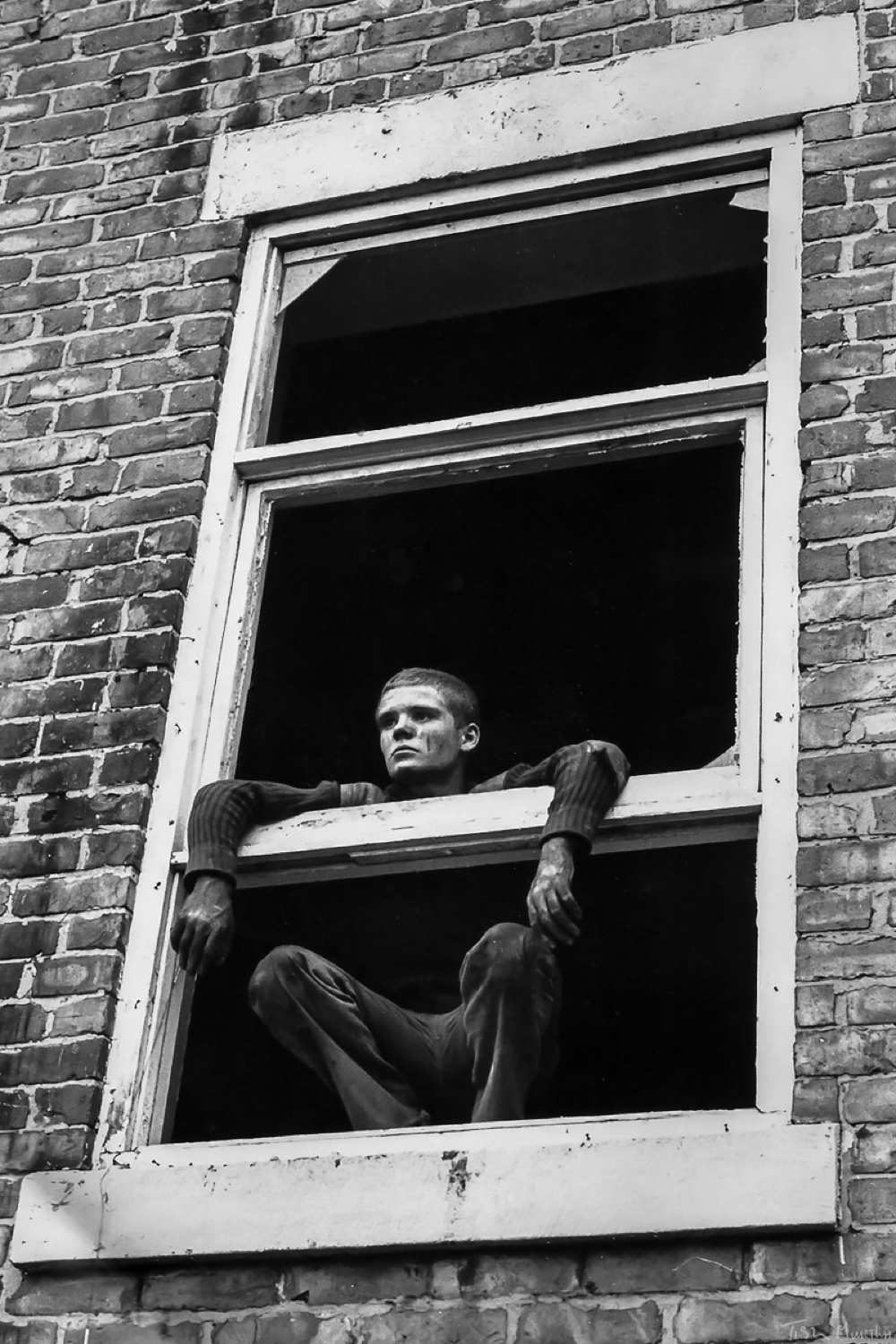
Youth Unemployment (1981) © Ella Murtha
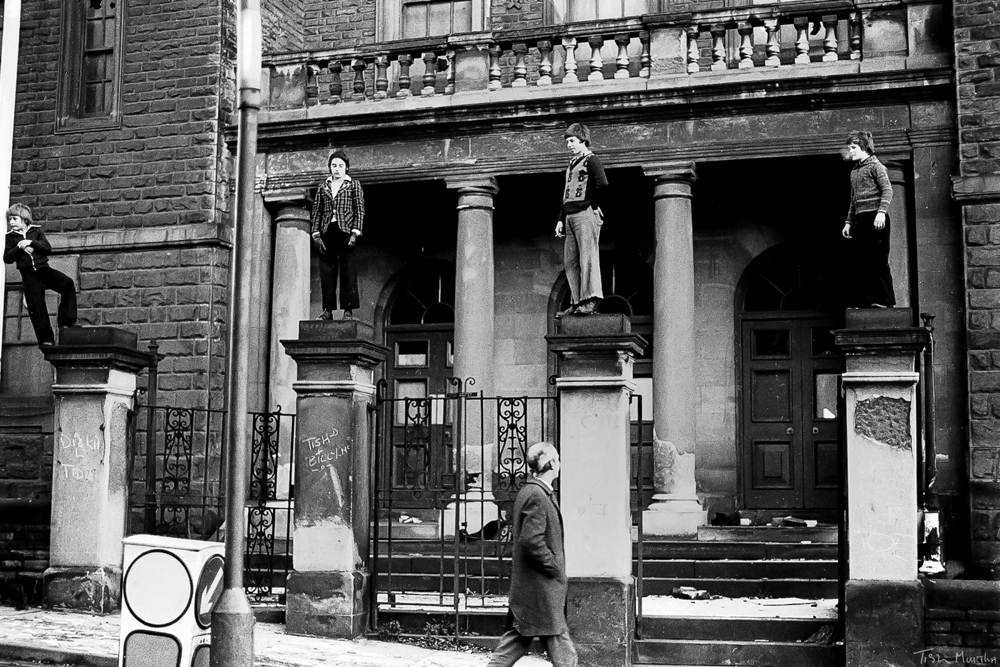
Youth Unemployment (1981) © Ella Murtha
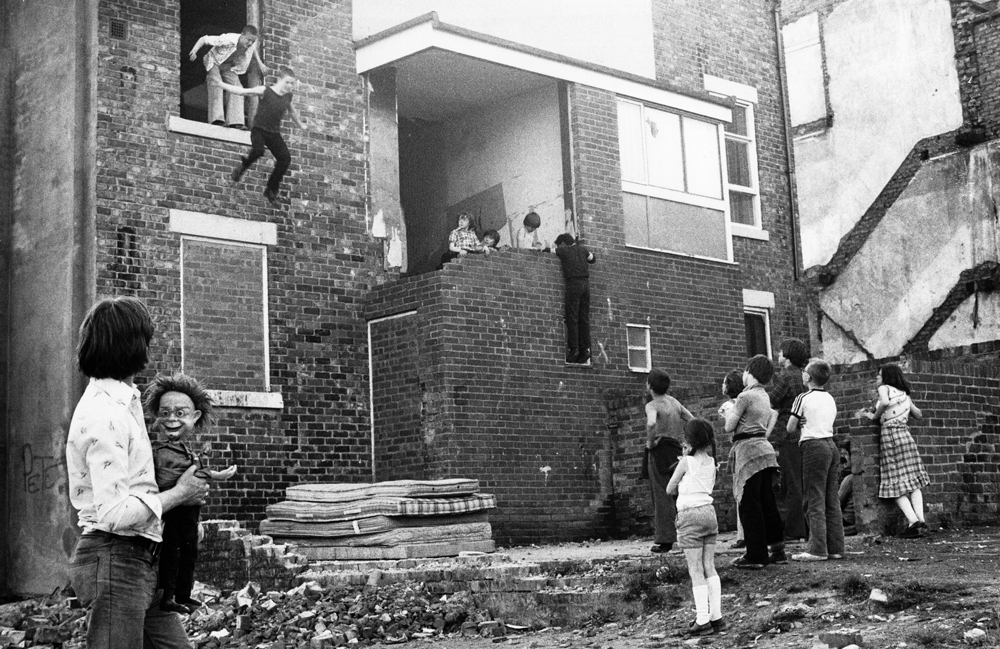
Youth Unemployment (1981) © Ella Murtha
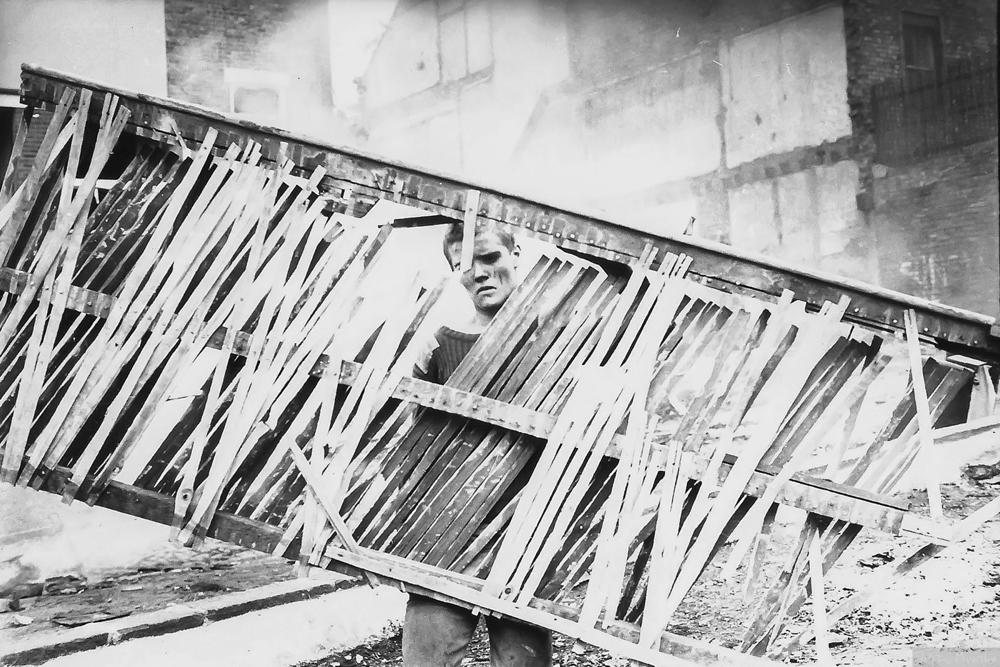
Youth Unemployment (1981) © Ella Murtha
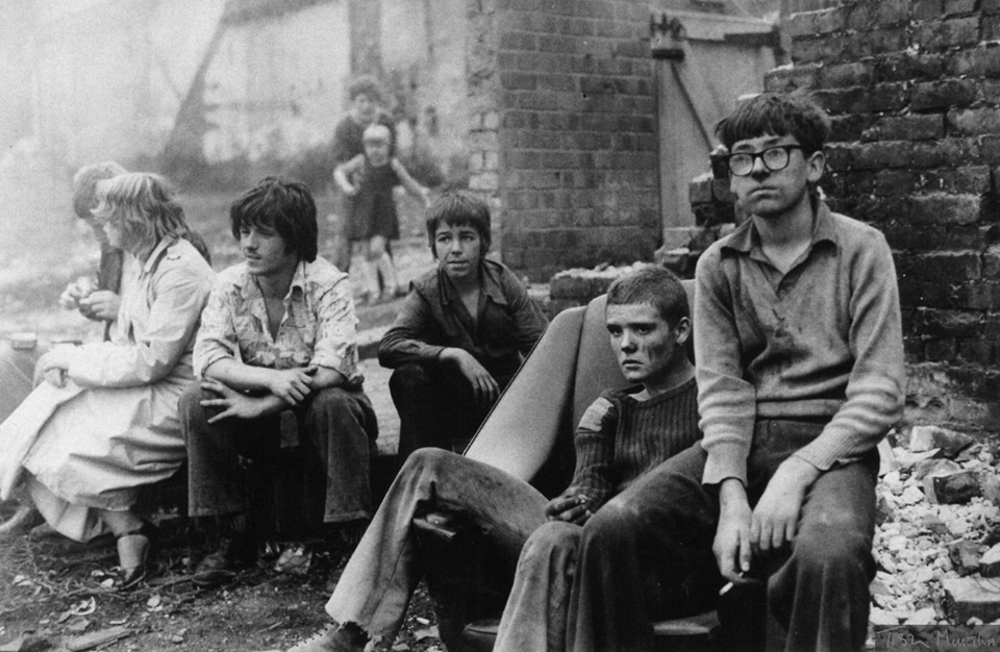
Youth Unemployment (1981) © Ella Murtha
The young people she photographed as part of the Youth Unemployment and Juvenile Jazz Band exhibitions and the Elswick Kids in general, show how tenacious, resourceful, clever and resilient they were and had to be and Tish was always fiercely protective of the people in them and did not in any way want them to be exploited.
Some images from the Elswick Kids are here for you to see!
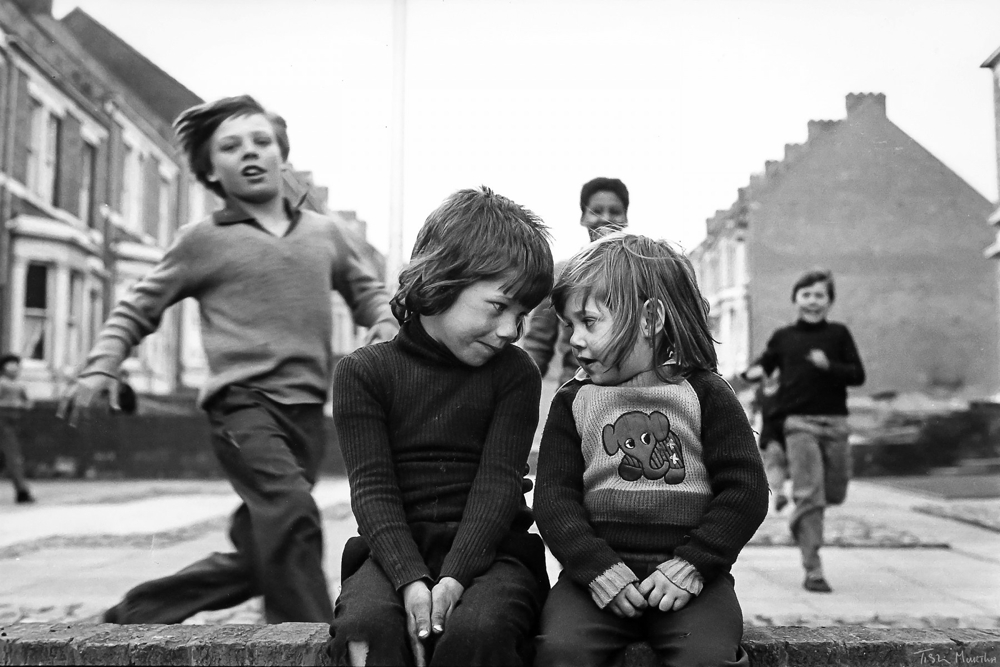
Elswick Kids (1978) © Ella Murtha
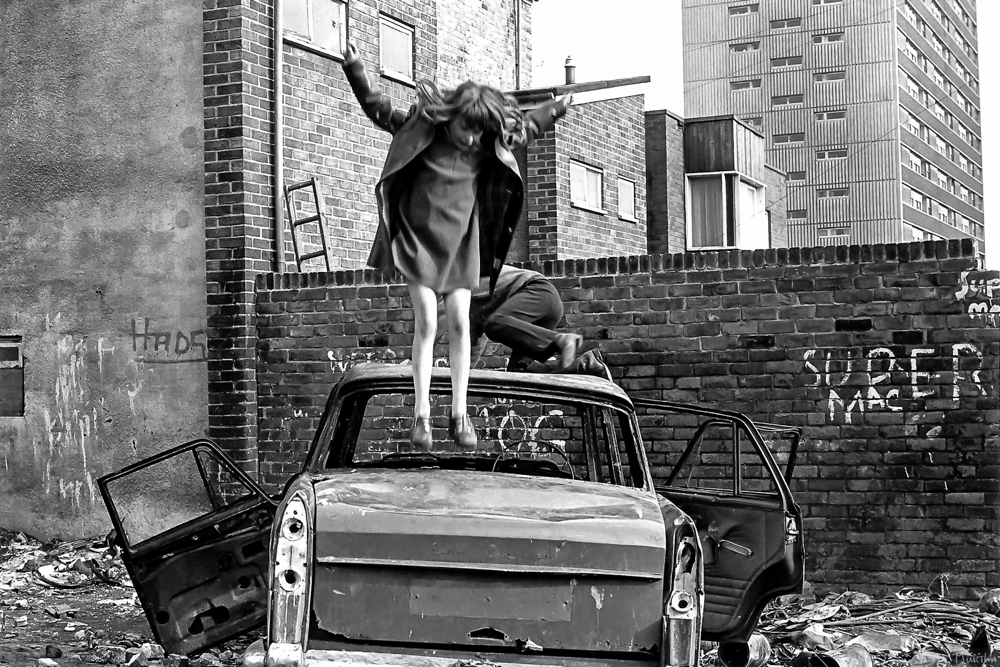
Elswick Kids (1978) © Ella Murtha
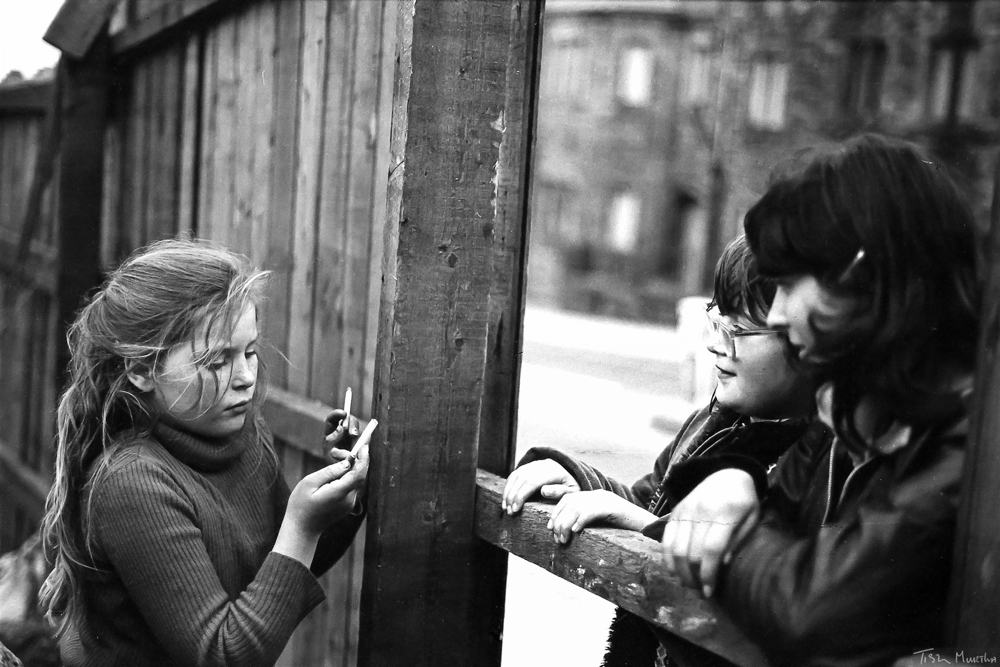
Elswick Kids (1978) © Ella Murtha
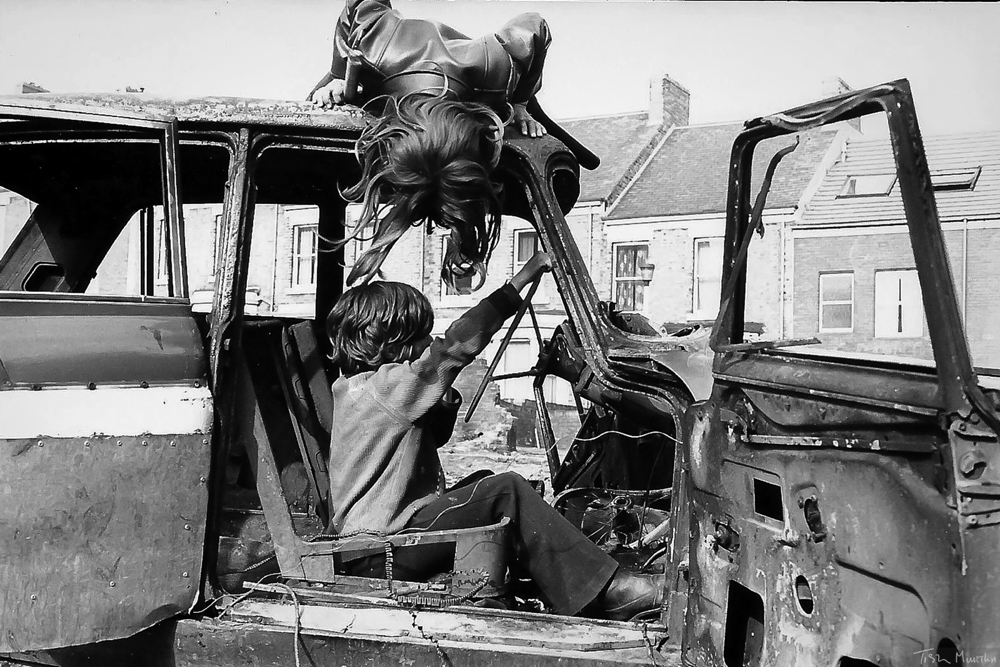
Elswick Kids (1978) © Ella Murtha
She fought very hard to make her message heard and she did succeed as a newspaper review of Youth Unemployment. This includes an interview with Tish regarding her subject matter and this was actually read aloud for debate in the House of Commons at that time.
Tish's work can be found below on the following links:
Further Learning
Ok, so you’re perhaps feeling nostalgic and interested in having a go at film photography? This is fantastic!
Well, why not learn to dramatically improve your Creative Output with the Fun and Challenging Assignments From the Creativity Catalog – now you’re on a roll…

